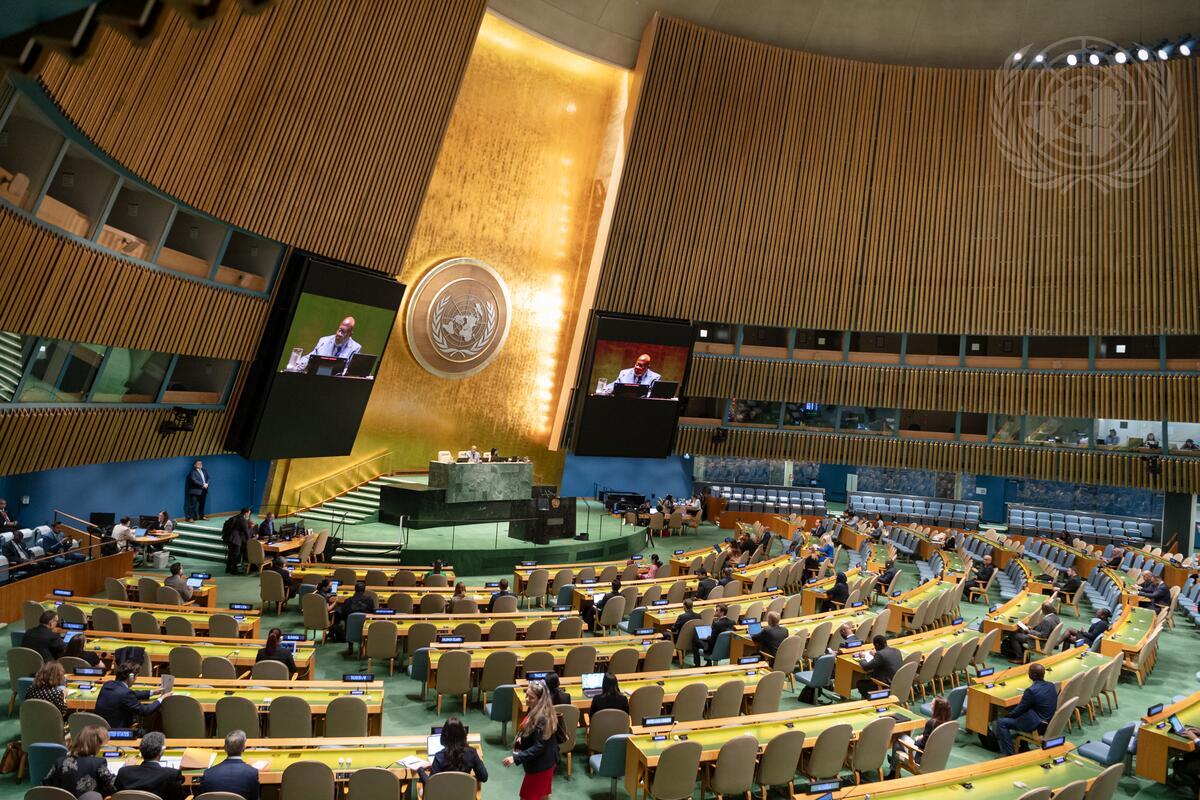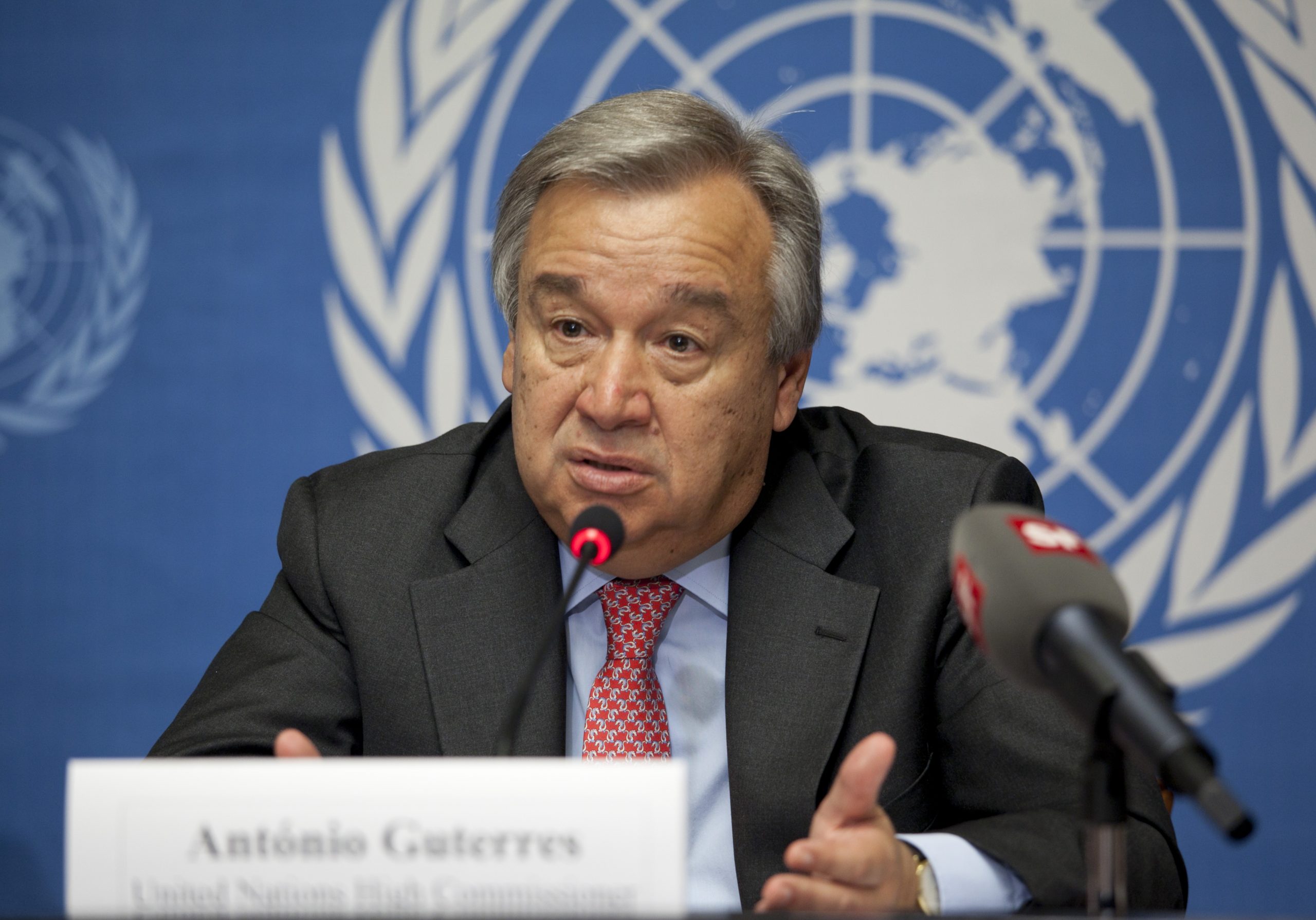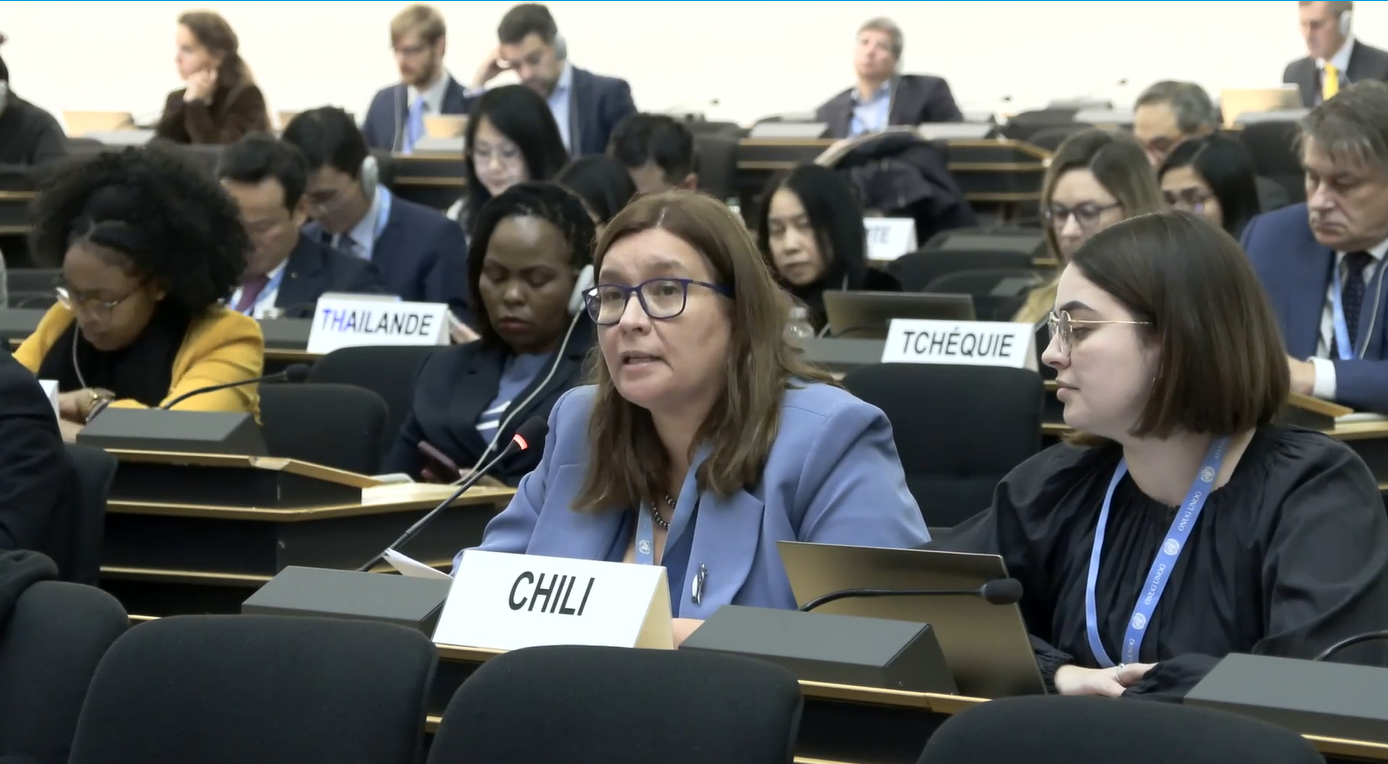The report, intended to inform the Secretary-General’s annual report on cooperation with the UN, its mechanisms and representatives in the field of human rights, (aka the ‘Reprisals Report’), documents a disturbing pattern of intimidation and reprisals. It includes alleged cases of travel bans in Cuba in the context of the Universal Period Review this May; disappearances and detention of defenders and lawyers, as well as intimidation of their families in China; and the detention of women human rights defenders in Saudi Arabia following engagement with the UN Committee on the Elimination of Discrimination Against Women.
The report also cites several cases of threats and attacks made against UN experts, which, beyond the impact on these individuals themselves, constitute an attack on the Human Rights Council and the UN human rights system more broadly.
The primary duty to prevent and remedy reprisals lies with States—who must do more to prevent, investigate and ensure accountability for reprisals. For the first time this September, States will have an opportunity, to engage in an interactive dialogue when the Secretary-General’s report is presented. ‘States should use the interactive dialogue to ensure adequate attention to the Secretary-General’s report on reprisals and to share good practices, challenges and lessons learned and effectively hold States accountable’, said Madeleine Sinclair.
The UN itself also has a duty to step up. ‘Where States fail to adequately investigate and ensure accountability, the UN must step in to ensure defenders can cooperate safely. That means UN bodies and mechanism must recognise and act in conformity with their legal obligation to respect and protect the right of all persons to communicate with them and take all necessary steps to prevent, protect against, and promote accountability for any alleged acts of intimidation or reprisals’, said Sinclair
‘Furthermore, prominent UN experts being attacked without consequence may deter civil society from engaging with the mechanisms and is likely to increase fear in those seeking the protection of the UN,’ said Sinclair.
In the report ISHR called on UN bodies to take a more proactive role in combating reprisals and intimidation, and among other things, urged:
• The Human Rights Council President and Bureau to clearly outlines steps the Council will take on receipt of information about credible risks of reprisals, and to adequately monitor the very concerning pattern of attacks of a personal nature against mandate holders and Commissions of Inquiries and make clear that attacks of this kind will not be tolerated.
• Treaty bodies to fully adopt and implement the San Jose guidelines.
• The Assistant Secretary-General to adopt a clear, public-facing policy on how he addresses cases of reprisals and to ensure that rights holders and victims are kept regularly appraised of the status of their case.
Access the full report here.
Contact: Madeleine Sinclair, Co-Director of ISHR’s New York Office & Legal Counsel, [email protected].
Photo: Wikipedia Commons




